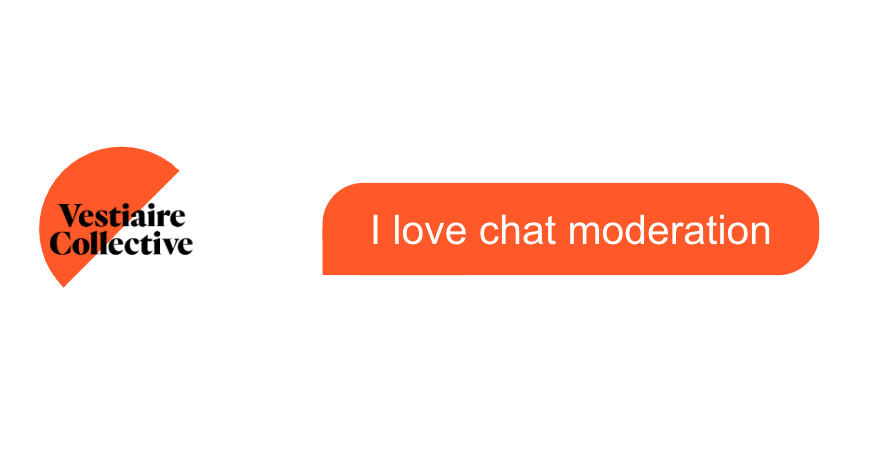Search code, repositories, users, issues, pull requests...
Let's say that one day you want to hack on something with a friend, and you decide to try coding together at one of those new trendy coworking spaces. You bring yourself and your laptop, amble into the siloed rows of partitioned desks, and sit down at the most convenient one furthest from the door. You relax back in your chair, take a good gander at the amazing view of three panels of white drywall, and decide to get cracking before your friend shows up. A charging cable and wireless connection later, you're staring at a network sign-in screen, telling you to change your browser proxy settings to 10.10.60.33 port 4438.
This is maybe about the point at which any sane programmer would get up and leave, but this place was reviewed as 4.8 stars and it already took you an hour to get here, so surely it can't be that bad, right? I mean, sure, the proxy is probably monitoring all of your network traffic, but your ISP was doing that anyway, and that's what HTTPS is for, isn't it? So you decide, well whatever, set your proxy to 10.10.60.33 port 4438, restart your browser, and open your favourite new tab page. Nothing appears too different, so you open your laptop to GitHub to take a look at the latest PRs to your hot new open-source project. Rather than GitHub, however, you are presented with an error banner that looks like it was lifted directly from the Silverlight days:
The lingering smell of <!DOCTYPE HTML PUBLIC "-//W3C//DTD HTML 4.01 Transitional//EN" ...> aside, you stare in disbelief at the message. Who would block GitHub? For malware distribution? Who even works here? Are all the 5 star reviews from finance people or something?















